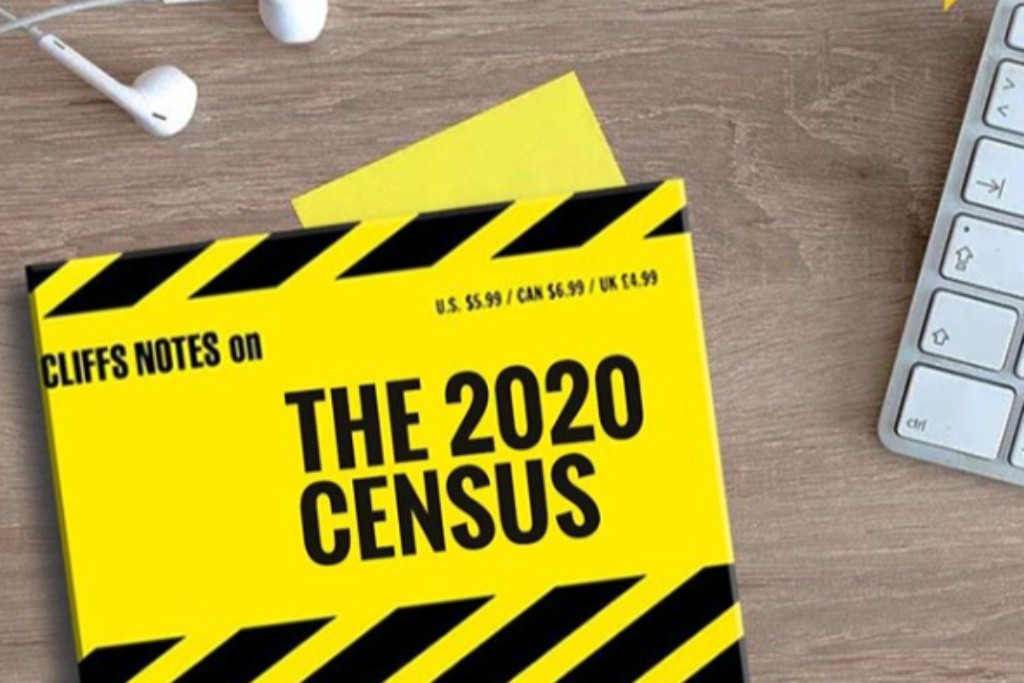It is a once-in-a-decade chance to take part in the official count of the U.S. population and the District of Columbia aims to leave nobody behind this Census Day on April 1.
For Mayor Muriel Bowser’s government, what is at stake is long-sought political representation at the federal level and billions of dollars in federal funds. To not risk losing either, it has launched an online campaign to educate the District’s residents on the importance of their accurate participation in the decennial population count.
“You Matter. Get Counted,” it says, explaining with a multitude of answers why it matters.
“School lunches. Plans for highways. Support for firefighters and families in need. Census results affect your community every day.”
230-Year Practice Produces Key Data
The census, which takes place every 10 years since 1790, determines how much each state and local government receives from federal funds, as well as the apportionment of seats in the U.S. House of Representatives. Inaccurate or lack of participation, therefore, can cost constituencies both their money and voice.
After the last population count in 2010, the federal government provided D.C. with some $6 billion annually. The total size of those federal funds changes according to population estimates each year.
Following the 2020 Census results, there will be a recalculation of how much the District will continue to be granted.
District agencies and businesses, too, rely on accurate census data for budgeting, planning and decision-making across the city, impacting the lives of the residents both economically and socially.
Procedure & Important Dates
In fact, the U.S. Census Bureau has already started the counting process, but afar from where most Americans call home, in Toksook Bay, Alaska, last month. Over 300 million residents, however, will receive official mail on how to respond to the 2020 Census between March 12 and 20.
For three days from March 30, the Bureau will go ahead with counting people who are experiencing homelessness. Its staff will visit them on the streets and all outdoor locations such as tent encampments, shelters, soup kitchens and mobile food vans.
Population count by official visits in person will continue with other individuals who live among large groups of people like students on college campuses and senior residents under professional care.
For the overwhelming majority of the U.S. residents, however, the Census Day will be on April 1 nationwide. By the end of that day, households should respond to the population count, either by phone, by mail or online.
And those who fail to comply will first receive a reminder by mail between April 8 and 16. The remaining non-responders will then accommodate a visit by a Bureau representative at their addresses till July 20.
Under Section 224 of the U.S. Code, the still adamant non-responders may have to pay $500 for not participating in the 2020 Census and those who provide misinformation in the process could face a much heftier fine of up to $10,000.
Relax and Get Counted!
The D.C. authorities believe none of those punitive actions, however, should be necessary since it is only helpful for and to the benefit of each and every resident to take part in the census.
With their online guide, they not only highlight how an accurate count of the D.C. population could make an impact on the community, but also clarify how concerns on data privacy are baseless.
That is, since the Title 13 of the U.S. Code requires the Bureau to maintain absolute confidentiality of all population data against all parties, public and private. The federal agency is also following industry best practices to protect them against cyber threats. All its employees pledge an oath to protect the personal information for life, as well.
As part of the population count, the residents will primarily answer questions about their sex, age, race, whether they rent or own their homes and with how many individuals they share those properties.
They will, however, not come across any questions on their social security and credit card numbers, bank accounts, savings or donations. The Bureau has released a sample list of questions to alleviate such concerns.
After collecting and aggregating the population data, the federal agency will disseminate the results to the president and Congress in December.

